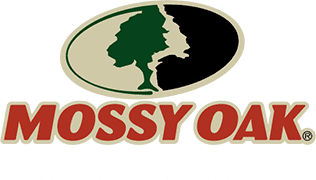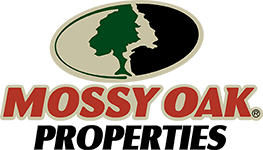They say honesty is the best policy, and nowhere is that more true than when it comes to selling land.
In order for your land broker to provide you with first-rate service, they need to know your property inside and out. However, the only way they can do that is if you’re upfront with them from the get-go.
“Being upfront with brokers is very important because it makes it so much easier to sell properties in a timely fashion,” said Tyler Boley of Mossy Oak Properties in Albia, Iowa. “Title issues can drag out a transaction and if they’re disclosed in advance, the broker has a chance to resolve them ahead of time. It also makes the transaction so much smoother if the seller is upfront with the listing agent because the agent is capable of answering more of the buyer’s questions while showing properties.”
Land sales isn’t the Wild West – brokers must be able to provide potential buyers with detailed and accurate information. If you fail to disclose the proper information with your broker, they could end up passing on false facts, which in turn could lead to legal trouble.
“As real estate brokers and agents, we try to do our due diligence for both sellers and buyers during a transaction,” Boley continued. “What we know is all that we can pass on as facts. The more we know, the better we can sell a property. There could be some legal ramifications if the proper information is not disclosed to the parties involved. All property hazards should be disclosed by the seller upfront as well as any written agreements, such as fencing agreements or easements. Depending [on]what they are, title issues can really delay closings. If real estate brokers or attorneys have a chance to deal with a problem from the beginning, the rest of the sale goes much smoother.”
Being frank with the facts
It’s important to be upfront with your land specialist about everything concerning your property, but there are some specific issues that may take precedence.
“I would say that it is most important to know about any easements, fencing agreements, boundary discrepancies, proper boundary lines, fence status (what kind of shape it is in, whether it is all there), any known property hazards, such as wells, solid waste disposal or underground storage tanks present,” Boley said. “It is also nice to know whether a property has been logged recently and what kind of farming has been taking place on the property.”
For example, if you’re selling farm land, has it been farmed conventionally or in a no-till manner? These are the types of details your broker should be updated on.
Fortunately for sellers, being upfront with brokers couldn’t be simpler. Boley said it’s important to provide as much accurate information to your broker as possible.
In short, if you want your land sale to go smoothly, your best course of action is to be honest, open and willing to work with your land specialist to ensure all important information is available.


